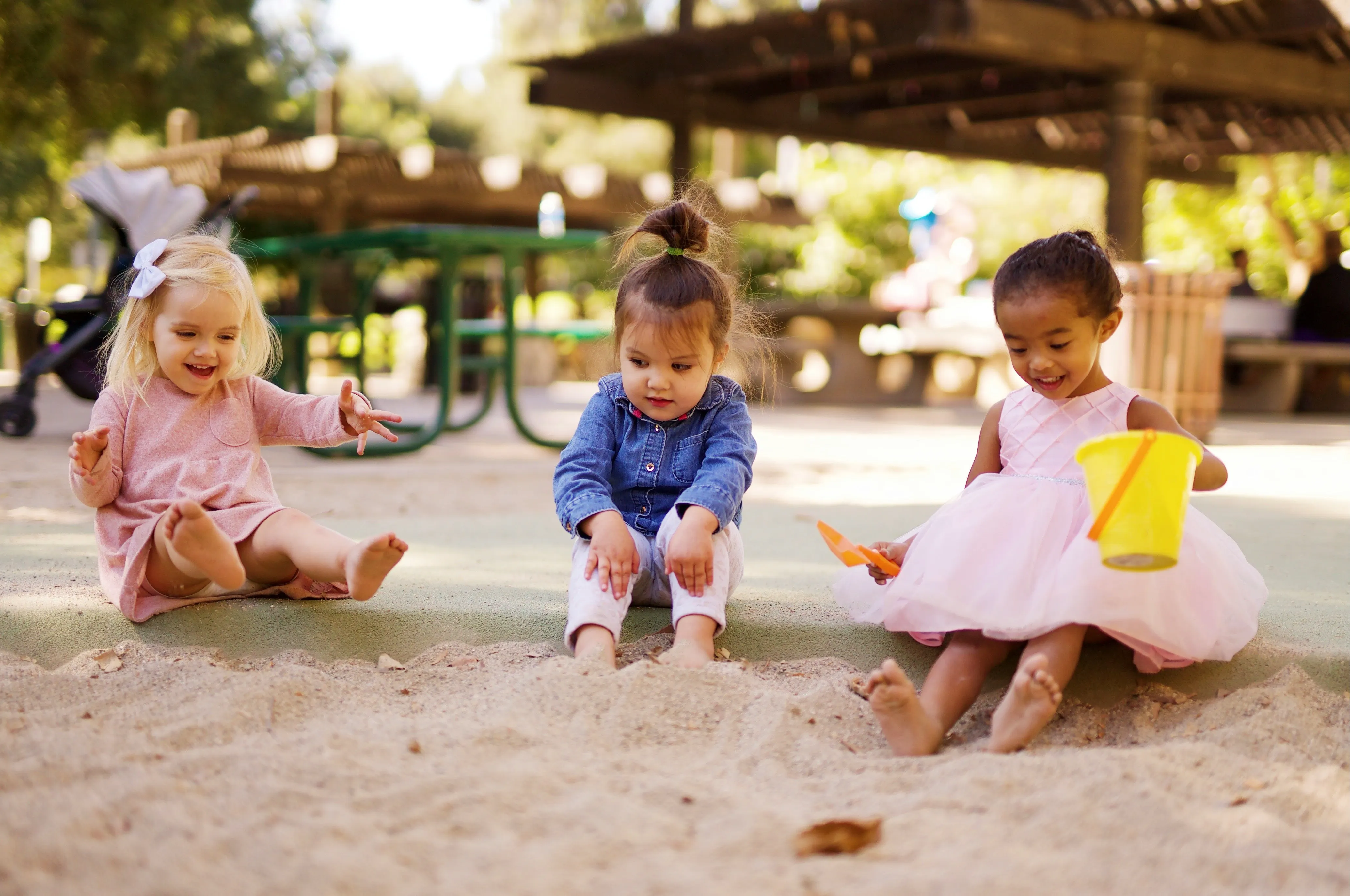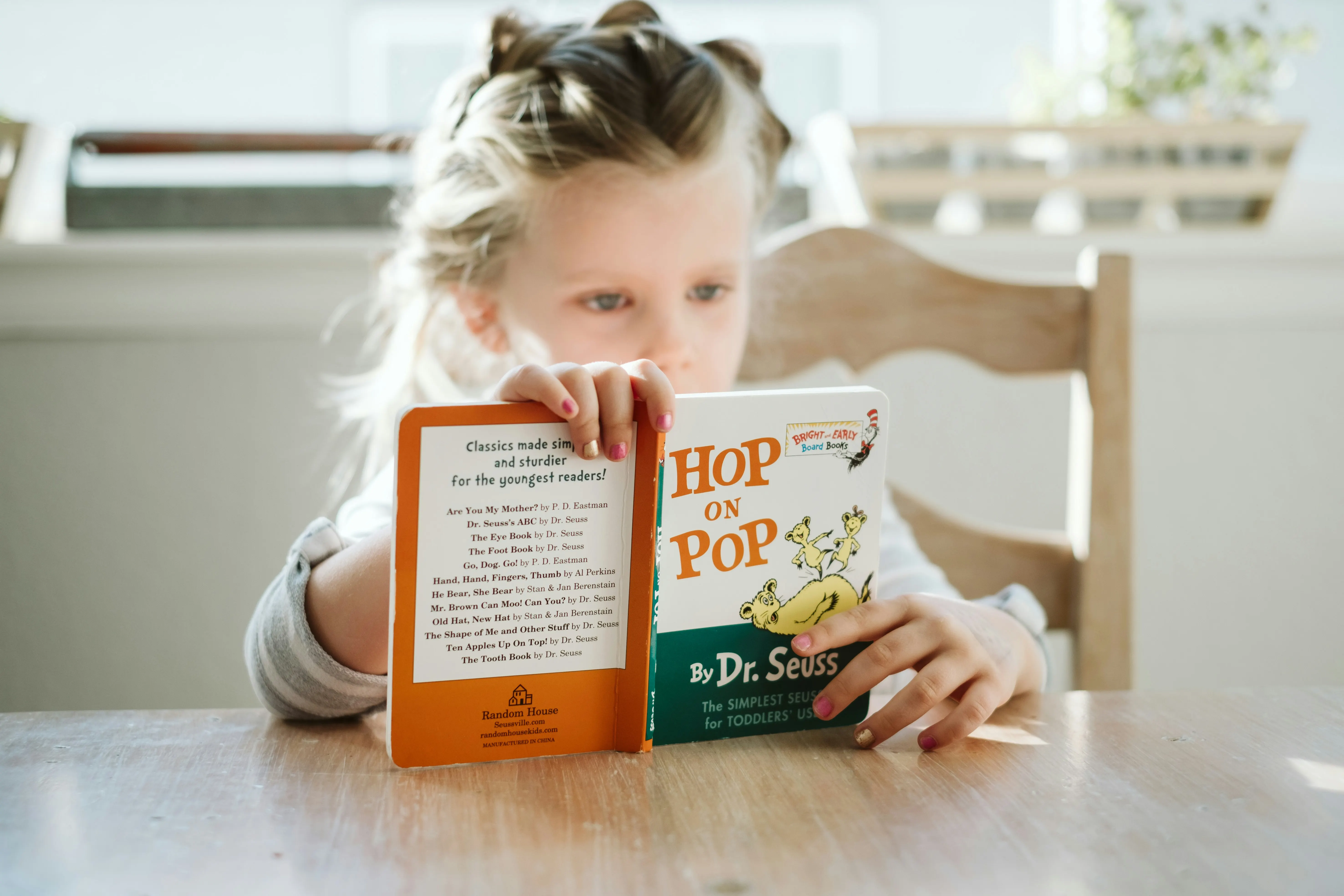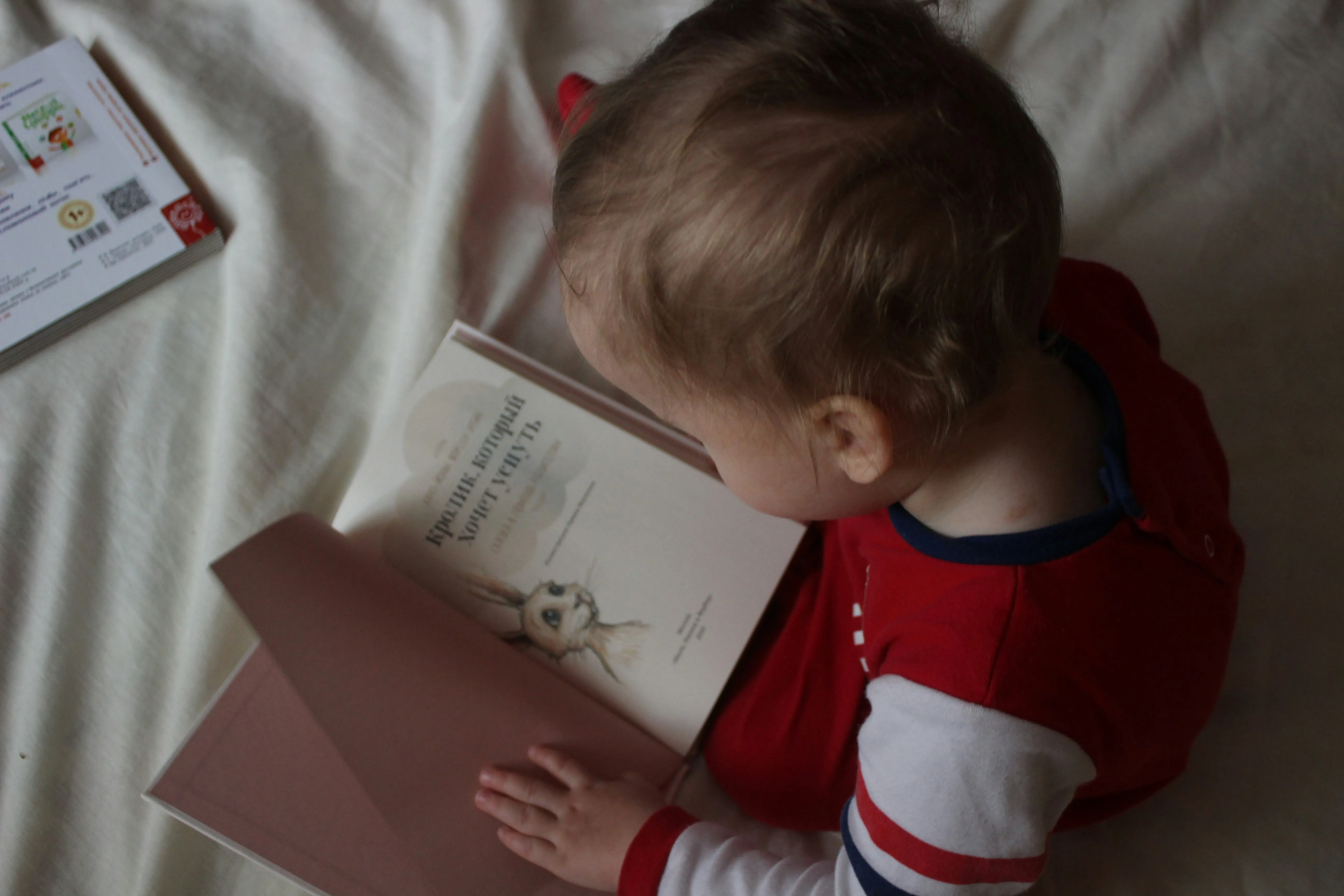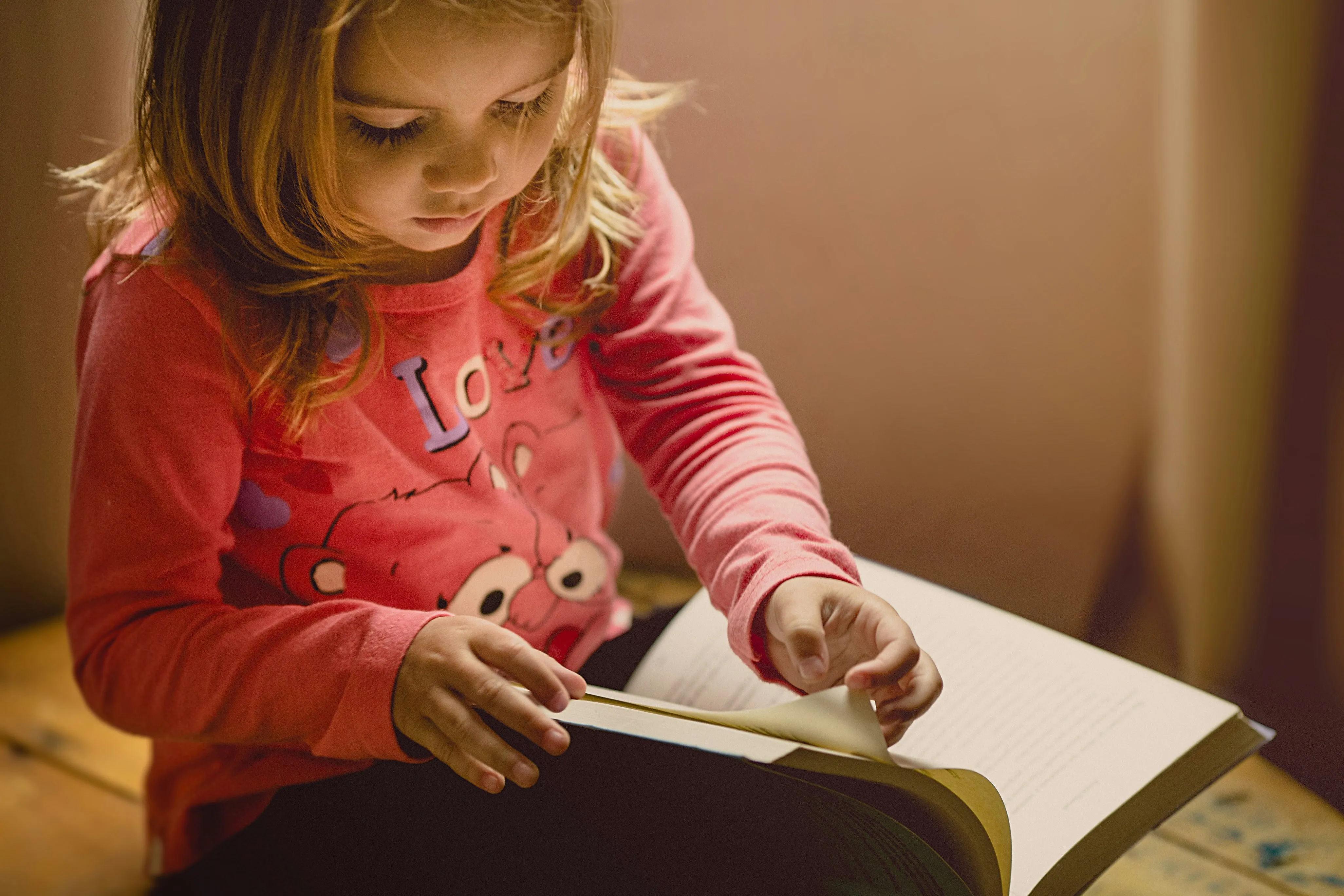Mastering Mind Mindedness: A Comprehensive Approach
Mind-Mindedness: A Multidimensional Approach

Mind-mindedness is a multidimensional concept that plays a fundamental role in child development. It involves a caregiver's sensitivity to a child's thoughts, feelings, and intentions, and their ability to reflect and respond to these mental states. The concept of mind-mindedness is rooted in developmental psychology and emphasizes the importance of a caregiver's attunement to a child's mental states. Understanding mind-mindedness and its impact on various aspects of child development is crucial for parents, educators, and researchers alike. In this blog, we will explore the concept of mind-mindedness, its role in child development, the evidence supporting it, practical applications, and future research directions. Let us delve into this multidimensional approach to mind-mindedness and discover its significance in promoting healthy child development.
Understanding Mind-Mindedness

Mind-mindedness, a term commonly used in developmental psychology and child development research, refers to a caregiver's capacity to understand and respond to a child's mental states. This includes their thoughts, emotions, and intentions. It goes beyond simply meeting a child’s physical needs, focusing on their cognitive and emotional development. A mind-minded caregiver is attuned to a child's mental state, providing appropriate responses that validate their thoughts and feelings. This understanding of a child’s mental state enables caregivers to nurture their child's social and emotional development effectively.
The Concept and its Importance
Mind-mindedness is a vital concept in developmental psychology, highlighting the importance of a caregiver's understanding of a child's mental state. It involves a caregiver's ability to recognize, interpret, and respond to a child's thoughts, feelings, and intentions. By actively engaging with a child's mental state, caregivers provide a nurturing environment that fosters social development and emotional well-being.
A mind-minded caregiver consistently comments on a child’s mental state, demonstrating their understanding and validation of the child’s thoughts and emotions. This verbalization of mental states helps a child develop a vocabulary for their thoughts, emotions, and intentions, which, in turn, enhances their cognitive and social development. Mind-mindedness promotes a child’s understanding of others' mental states, leading to increased empathy, perspective-taking, and emotional regulation.
Role in Child Development

Mind-mindedness significantly influences a child's social and emotional development, particularly during their first year of life. Parents who engage in mind-minded comments contribute to their child's understanding of others' mental states, promoting empathy and fostering a closer look at their emotional needs. Mind-minded comments from parents create a foundation for social understanding, emotional regulation, and self-control in young children.
Research has shown that children exposed to mind-minded parenting possess a better understanding of others' mental states, leading to improved social interactions and emotional connectedness with peers. These children display enhanced self-control, executive function, and an independent thought process. Mind-mindedness also plays a crucial role in a child's perspectival symbolic play, their understanding of false belief, and their ability to navigate social situations appropriately.
Evidence Supporting Mind-Mindedness
Substantial evidence supports the positive impact of mind-mindedness on child development. Maternal sensitivity, characterized by understanding and responsiveness to a child's needs, is closely linked to mind-mindedness. Studies have shown that maternal sensitivity and mind-minded comments contribute to a child's attachment security, emotional well-being, and cognitive development. Elizabeth Meins et al. conducted research demonstrating the association between maternal sensitivity, mind-mindedness, and a child's later understanding of others' mental states.
These findings highlight the significance of mind-mindedness in promoting healthy development across different domains, such as social, emotional, and cognitive development. The research provides a robust foundation for understanding the role of mind-mindedness in shaping a child's developmental outcomes.
Developing Secure Attachments through Mind-Minded Parenting
Mind-minded parenting plays a critical role in developing secure attachments between caregivers and children. By consistently acknowledging and validating a child's mental states, mind-minded parents create a secure emotional environment. This emotional security enhances a child's trust, confidence, and ability to regulate their inner states.
Children of mind-minded parents experience a closer look at their emotional needs, which fosters a sense of security and attachment. In turn, this secure attachment forms a foundation for the child's emotional well-being, social competence, and positive mental health outcomes. Maternal sensitivity, a significant component of mind-mindedness, contributes to the development of this secure attachment, creating a nurturing bond between caregiver and child. The practice of mind-mindedness gives children a firm emotional grounding, preparing them for healthy social development throughout their early childhood years.
Social Savvy Kids through Mind-Minded Parenting

Mind-minded parenting sets the stage for children to become socially savvy individuals. When parents engage in mind-minded comments, children develop a deeper understanding of others' emotional states and needs. Mind-mindedness promotes children's sensitivity to mental states, enabling them to navigate social situations with empathy, understanding, and appropriate comments.
Children exposed to mind-minded parenting demonstrate enhanced social development, including their social cooperation, emotional understanding of peers, and their ability to manage their own emotional states. Mind-minded parents play a crucial role in laying the foundation for a child's social development by fostering social empathy, emotional regulation, and emotional connectedness with others. By promoting a child's social competence, mind-mindedness contributes to their overall well-being and prepares them for successful social interactions later in life.
How Mind-Mindedness Helps in Developing Self-Control
Mind-minded comments from parents play a crucial role in a child's development of self-control. Through their understanding of a child's inner thoughts and emotions, mind-minded parents provide a supportive environment for self-regulation. Children exposed to mind-minded parenting demonstrate enhanced executive function and self-control abilities, enabling them to manage their behaviour, thoughts, and emotional states effectively.
Mind-mindedness fosters a child's independent thoughts, encouraging them to reflect on their mental states and make appropriate choices. The practice of mind-mindedness aids in a child's early childhood development of self-regulatory skills and emotional control, setting the stage for their later academic and social success.
The Multi-dimensional Approach to Mind-Mindedness
Developing a child's self-control is crucial. Parental mind-mindedness affects emotional management. Subsequent research by Meins et al. supports this. Recent studies by Colonnesi C et al. and Fradley E et al. provide further work in child psychology. Such parents resonate with their child's needs, shaping a caring toddler. Elizabeth Meins' extensive work on this in the early years is pivotal, impacting children in primary school and preschool age. Family talk is essential for fostering mind-mindedness. Wainwright R et al.'s study emphasizes this, highlighting the significance of family interactions.
Parental Mind-Mindedness and Self-Regulation in Children

Parental mind-mindedness plays a crucial role in a child's development of self-regulation during their early years. When parents engage in mind-minded comments, children develop a better understanding of their own mental states, facilitating self-regulatory skills. Parental reflective function, which involves the ability to reflect on a child's thoughts and feelings, and mentalization, the understanding of a child's inner states, contribute to a child's self-regulation and cognitive development.
Mind-minded comments and parental mentalization foster children's emotional regulation, self-directed behaviour, and cognitive control. These skills are critical for successful navigation of social interactions, academic tasks, and emotional well-being. Mind-mindedness helps children internalize external regulation, leading to self-regulated behaviour, cognitive flexibility, and self-directed learning.
Enhancing Mind-Mindedness in the first three years of a Child’s Life
Early interventions aimed at enhancing mind-mindedness can have a lasting impact on a child's development, particularly during their first three years of life. Interventions that promote mind-mindedness support parents in fostering their child's emotional understanding, perspective-taking, and empathy development. The first three years of life represent a critical period for nurturing a child's mental state understanding and reflective function, shaping their cognitive and emotional development.
By introducing mind-mindedness interventions during early childhood, parents can lay a solid foundation for their child's later understanding of others' mental states, social interactions, and emotional management. Mind-mindedness interventions in early childhood contribute to a child's social development, emotional well-being, and cognitive abilities, enhancing their overall developmental outcomes.
Impact on Emotional Management in Infants
Mind-mindedness has a significant impact on emotional management in infants. By acknowledging and verbalizing their emotional states, mind-minded parents contribute to their infants' emotional regulation. This early understanding of emotional states, especially through mind-minded comments, helps infants develop a language for their emotions and a framework for emotional understanding.
Infants of mind-minded parents display a better understanding of their own emotional needs and have improved emotional control. Mind-mindedness supports emotional resilience in infants, equipping them with the necessary tools for self-soothing, emotional regulation, and healthy emotional development. This early emotional foundation sets the stage for later social and cognitive development, emphasizing the importance of mind-mindedness during the early years of a child's life.
Case Study Analysis
Research studies examining mind-mindedness have provided valuable insights into its impact on children's behaviour and subsequent development. For example, a study by Matia Oklagija et al. investigated maternal mind-mindedness, maternal mentalization, and children's later understanding of others' mental states. The study found that maternal mind-mindedness positively correlated with a child's understanding of others' mental states, highlighting the role of such parenting behaviours in shaping children's mentalizing abilities.
Other research has explored the association between mind-mindedness and disruptive behaviour. Maternal mentalization, linked to mind-mindedness, has been found to play a crucial role in managing children's disruptive behaviour. These studies shed light on the influence of mind-minded parenting on children's behaviour and emphasize the significance of understanding and promoting mind-mindedness in parents.
Maternal Mind-Mindedness and Disruptive Behaviour

Maternal mind-mindedness has a significant impact on children's behaviour, particularly in relation to disruptive behaviour. Maternal mentalization, a key component of mind-mindedness, involves a mother's ability to understand and reflect on a child's thoughts, emotions, and intentions. When mothers engage in mind-minded comments, children develop a better understanding of others' mental states, including their thoughts, feelings, and intentions.
Studies have demonstrated a correlation between maternal mentalization, children's later understanding of others' mental states, and a decrease in disruptive behaviour. Maternal mind-mindedness contributes to a child's emotional regulation, social understanding, and cognitive development, which can lead to improved behaviour regulation and a decrease in disruptive behaviours. These findings highlight the importance of mind-minded parenting in fostering positive behaviour outcomes in children.
Mind-Mindedness in Children at Risk
Mind-mindedness interventions have shown promising results in promoting positive developmental outcomes, particularly for children at risk. Social factors such as poverty, family instability, or parental mental health challenges can place children at a disadvantage. However, mind-mindedness interventions can mitigate these developmental risks, promoting healthy emotional development, social understanding, and mental health in at-risk children.
By providing children with consistent mind-minded interactions, caregivers can support their emotional well-being, resilience, and cognitive development. Mind-mindedness interventions for at-risk children aim to promote healthy emotional development, language acquisition, perspective-taking, and social skills. These interventions recognize the importance of early intervention and nurturing environments, ensuring that children at risk have the opportunity to reach their full potential.
Practical Applications of Mind-Mindedness
Understanding the practical applications of mind-mindedness is crucial for parents, educators, and researchers in developmental psychology and early childhood education. The principles of mind-mindedness can be applied in various settings, including parenting, early childhood education, and the promotion of positive parenting styles.
Cultivating Mind-Mindedness in Parents
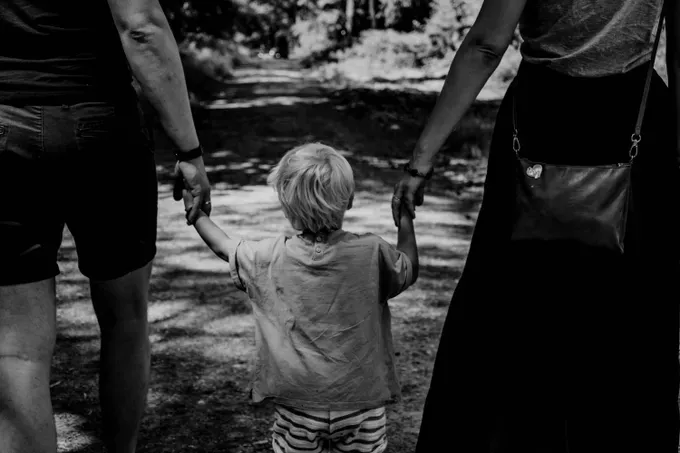
Cultivating mind-mindedness in parents can have a profound impact on their child's emotional development. Parental education programs that focus on promoting mind-mindedness provide parents with the necessary tools to engage in reflective function and mental state language. By teaching parents to verbalize their child's mental states, these programs enhance parent-child emotional connection, help parents become attuned to their child's needs, and promote healthy emotional regulation.
Gentle Parenting and its Connection with Mind-Mindedness
Gentle parenting aligns closely with the principles of mind-mindedness, emphasizing the importance of understanding a child's emotional states, needs, and mental states. The connection between gentle parenting and mind-mindedness is rooted in maternal sensitivity and emotional attunement. Gentle parenting practices encourage parents to respond empathetically, validate their child's emotions, and use reflective language when discussing mental states.
By incorporating gentle parenting strategies, such as emotional validation, active listening, and empathetic responding, parents can foster a nurturing environment that supports their child's emotional development. When parents adopt a gentle parenting approach, they are more likely to engage in mind-minded comments, validating their child's thoughts, feelings, and intentions.
Shaping a Caring Toddler through Mind-Mindedness
Mind-mindedness plays a pivotal role in shaping a caring toddler, fostering empathy development and emotional understanding of others. When parents engage in mind-minded comments, such as acknowledging a child's mental states during perspectival symbolic play, children develop a greater capacity for understanding others' emotional states and needs.
Encouraging mind-mindedness in toddlers nurtures their empathy, care, and consideration of others. It equips young children with critical social and emotional skills, facilitating positive social interactions, and cooperative play. Mind-mindedness in early childhood lays a foundation for the development of a caring and compassionate individual, preparing toddlers for a lifetime of healthy social relationships.
Future Research and Perspectives
Future research in the field of mind-mindedness aims to explore its construct validity, expand the understanding of its multidimensionality, and investigate its impact on child development further. Researchers seek to delve deeper into mind-mindedness, addressing emerging complexities and uncovering new dimensions in developmental psychology.
By exploring future research directions, developmental psychologists can enhance the depth of their understanding of mind-mindedness and its potential applications. This research contributes to the ongoing efforts to promote positive developmental outcomes in children, inform interventions, and better support parents, caregivers, and educators in their role of nurturing children's cognitive, social, and emotional development.
Future Directions in Mind-Mindedness Research
Future research in mind-mindedness will involve further work in testing construct validity, investigating different factors that contribute to mind-mindedness, and examining the long-term effects of mind-mindedness interventions. Recent studies have provided valuable insights into mind-mindedness, but further research is needed to solidify and expand upon these findings.
Ongoing research efforts will continue to explore the impact of mind-mindedness on children's cognitive, emotional, and social development. By understanding the factors that influence mind-mindedness and exploring its relationship with other constructs, researchers can gain a comprehensive understanding of its significance in child development and inform effective interventions.
How can Educators Implement Mind-Mindedness in their Teaching Styles?
Educators play a crucial role in promoting mind-mindedness by implementing it in their teaching styles. In early childhood education, educators can create a supportive environment by acknowledging a child's mental state during interactions. By commenting on a child's emotional states, thoughts, and intentions, educators validate their experiences and foster a deeper understanding of others.
Mind-mindedness supports a child's cognitive development, language acquisition, and understanding of others' mental states. Educators can promote a child's social development by using mind-minded language, reflecting on their inner states, and encouraging perspective-taking. By implementing mind-mindedness in their teaching styles, educators not only facilitate children's cognitive and emotional development but also support their overall mental health and well-being.
Frequently Asked Questions
What is an example of mind-mindedness?
An example of mind-mindedness is a parent responding to their child's emotional cues with empathy and understanding. When a child expresses their thoughts or feelings, a mind-minded caregiver actively listens and responds by validating their mental state, such as saying, "I can see that you're feeling sad right now." This acknowledgment of a child's mental state helps them develop a greater awareness of their own thoughts, emotions, and intentions. Mind-mindedness involves recognizing and responding to a child's mental states, fostering their emotional and cognitive development.
Why is mind-mindedness important?
Mind-mindedness is important because it promotes secure attachment and healthy development in children. It helps parents and caregivers understand a child's thoughts, feelings, and perspectives, allowing them to respond appropriately. Mind-mindedness has been linked to positive outcomes such as improved social skills, emotional regulation, and academic success. It also strengthens the parent-child relationship, enhances attachment bonds, and supports a child's emotional well-being. Practicing mind-mindedness can improve communication, nurture empathy, and facilitate a child's understanding of others' mental states, leading to positive social interactions and emotional connectedness.
What are the benefits of promoting mind-mindedness in parents and caregivers?

Promoting mind-mindedness in parents and caregivers yields numerous benefits. It improves parent-child communication, enhancing the understanding of a child's thoughts, feelings, and mental states. Mind-mindedness helps children develop a better understanding of their own emotions and the emotions of others, fostering empathy, emotional regulation, and social understanding. Promoting mind-mindedness also contributes to a child's social, emotional, and cognitive development, leading to improved mental health outcomes. Additionally, practicing mind-mindedness may reduce stress levels for both children and caregivers, creating a nurturing and supportive environment that promotes a child's overall well-being.
How to Improve Mind-Mindedness Skills for Parents
Improving mind-mindedness skills involves becoming more attuned to your child's mental states, recognizing and responding to their thoughts, feelings, and intentions in a supportive and understanding manner. This approach is incredibly beneficial for children's emotional and social development, fostering secure attachments, advanced reasoning about mental states, and better self-control. Let's explore some strategies to enhance your mind-mindedness skills.
1. Engage in Mental Talk
Discussing thoughts and emotions with your child is crucial. Engaging in conversations about mental states, such as feelings, desires, and perspectives, helps children develop better theory of mind skills. Simply acknowledging and discussing emotions can make a significant difference.
2. Validate and Narrate Emotions
Help your child make sense of their emotions by narrating what you observe. For instance, if a loud noise frightens your child, you might say, "That was a loud noise. It scared you, didn’t it?" This not only validates their feelings but also helps them process and understand their emotions better.
3. Reflect on Children's Behaviour
Pay close attention to your child's behaviour, cues, and expressions. Take time to reflect on and label their thoughts, wishes, and emotions. This practice aids in developing their understanding of their own inner life, which makes self-regulation easier.
4. Use Age-Appropriate Problem Solving
Offer children strategies for problem-solving that are suitable for their age, also known as scaffolding. Allow them to express negative feelings while displaying patience and providing supportive language that helps them navigate their experiences.
5. Avoid Misinterpretation
Be cautious not to misinterpret your child's mental states. Emotions and thoughts are subjective, and assumptions can sometimes be incorrect. Allow your child to correct you if you misunderstand their feelings or intentions.
6. Practice from Birth
Mind-mindedness can be practiced from birth. Comment on your child's likes, preferences, and what they might be thinking or noticing. This early practice helps develop their emotional literacy and intelligence, benefiting them throughout life.
7. Encourage Emotional Literacy
Talk often about how your child might be feeling in various situations. Acknowledge when they seem bored, excited, or scared. This ongoing practice helps children understand and articulate their emotions, leading to better emotional regulation and social interactions.
Tips for New Moms
Embrace the Learning Curve
Every new mom, like Emily, faces the challenge of understanding her newborn's needs. Focus on simple, developmentally-appropriate activities that align with your baby's sensory and cognitive growth, providing a strong foundation for future learning.
Personalized Guidance is Key
Every child is unique, so finding resources that cater to your child's individual pace and style is essential. Look for tools and advice that help you understand and support your child's needs, unlocking their full potential.
Avoid Overwhelm
Start with focused educational materials suitable for your baby's current stage, and allow these resources to evolve with them. This ensures each step you take nurtures your child's potential effectively.
Foster Early Bonds and Cognitive Growth
Integrate educational moments into daily routines without overwhelming your baby. Simple activities can provide powerful learning experiences that also strengthen your bond.
Sustainable Engagement
Choose dynamic resources that grow with your child, maintaining their interest and providing fresh challenges. Celebrate each developmental milestone together, confident in the tools you’ve chosen.
Improving mind-mindedness is an ongoing process requiring patience, observation, and a willingness to understand and respond to your child's mental and emotional world. By adopting these strategies, you'll create a nurturing environment that supports your child's emotional and social development, ensuring they grow up feeling understood, valued, and capable.
Conclusion
In conclusion, mind-mindedness is a multidimensional approach that has a significant impact on child development and emotional management. By cultivating mind-mindedness in parents and caregivers, we can enhance the secure attachments, social skills, and self-control of children. Research suggests that promoting mind-mindedness can lead to positive outcomes in terms of behavior, emotional regulation, and overall well-being. Educators can also implement mind-mindedness in their teaching styles to create a nurturing and supportive learning environment. As we look towards the future, further research is needed to explore the full potential and applications of mind-mindedness. We encourage you to share this informative blog on social media to spread awareness about the importance of mind-mindedness in child development.
Related Articles:
Understanding Neural Crest Formation: A High Level Review
Citations:
[1] https://parentingscience.com/mind-minded-parenting/
[2] https://www.communityservices.act.gov.au/children-and-families/adoption-kinship-and-foster-care/therapeutic-resources/mind-mindedness-helping-children-understand-and-process-emotions
[3] https://www.greatkidsinc.org/mind-minded-parenting-that-supports-the-development-of-self-regulation/
[4] https://childandfamilyblog.com/mind-mindedness-parenting/
[5] https://www.york.ac.uk/research/themes/mind-mindedness/
[6] https://www.tandfonline.com/doi/full/10.1080/10409289.2019.1593076
[7] https://www.ncbi.nlm.nih.gov/pmc/articles/PMC9029403/
[8] https://www.ncbi.nlm.nih.gov/pmc/articles/PMC5241335/
[9] https://bmcpsychology.biomedcentral.com/articles/10.1186/s40359-023-01480-0
[10] https://www.sciencedirect.com/science/article/abs/pii/S0273229721000010
[11] https://www.ncbi.nlm.nih.gov/pmc/articles/PMC7075672/
[12] https://youtube.com/watch?v=yk0DYZv3XDE
[13] https://link.springer.com/article/10.1007/s10802-019-00537-2
[14] https://childandfamilyblog.com/mind-mindedness-baby-emotions/
[15] https://pubmed.ncbi.nlm.nih.gov/35457401/
[16] https://bmcpsychology.biomedcentral.com/articles/10.1186/s40359-022-00835-3






















